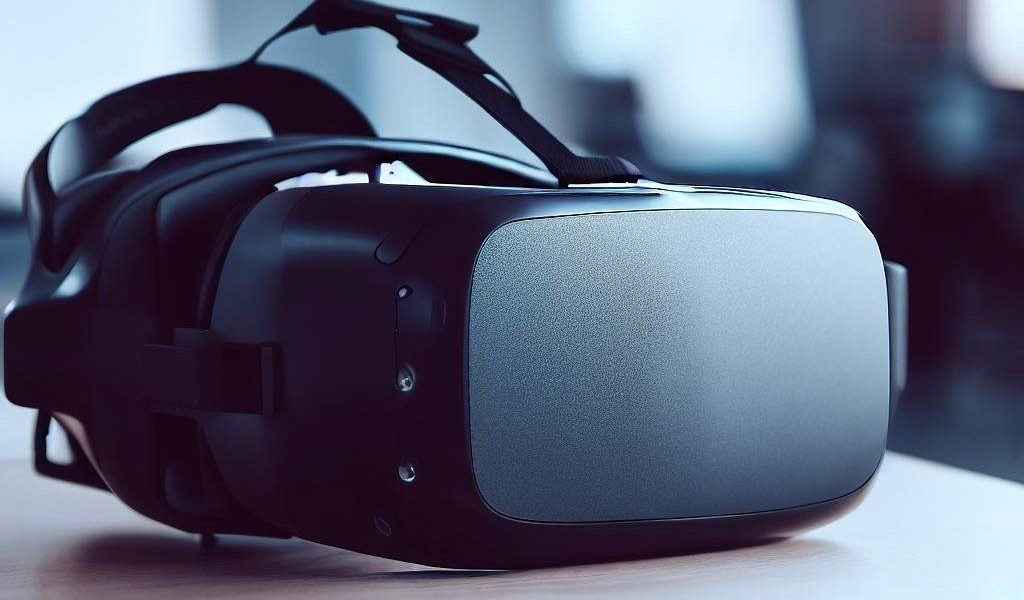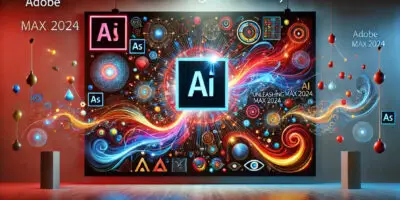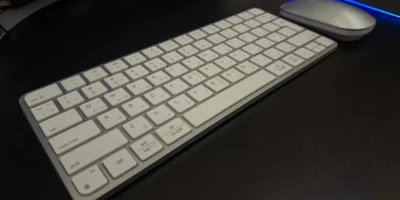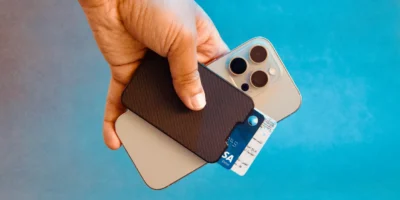Virtual reality (VR) has been a buzzword in the technology world for several years now, and for a good reason. It offers an immersive experience that allows us to explore new worlds and interact with digital environments like never before. But what does the future hold for VR technology? And how will it continue to evolve and shape our lives? In this article, we’ll take a closer look.
VR technology advancements
One of the most significant advancements we can expect to see in VR technology is increased realism. Currently, VR environments are somewhat limited in their fidelity, often appearing blocky and pixelated. However, as processing power continues to improve, we can expect to see more lifelike environments with higher resolutions and more realistic textures. This increased realism will enable more accurate and detailed virtual experiences, creating a sense of presence that is even more convincing than what we have today.
Moreover, as VR technology evolves, we will begin to see new types of experiences that are currently impossible. For example, VR experiences can simulate weightlessness, which can make space exploration or space tourism more accessible to the general public. Furthermore, VR technology can also simulate other physical phenomena such as temperature, pressure, and even smells. With the addition of these sensory elements, we can create even more convincing virtual environments that blur the line between the real and virtual worlds.
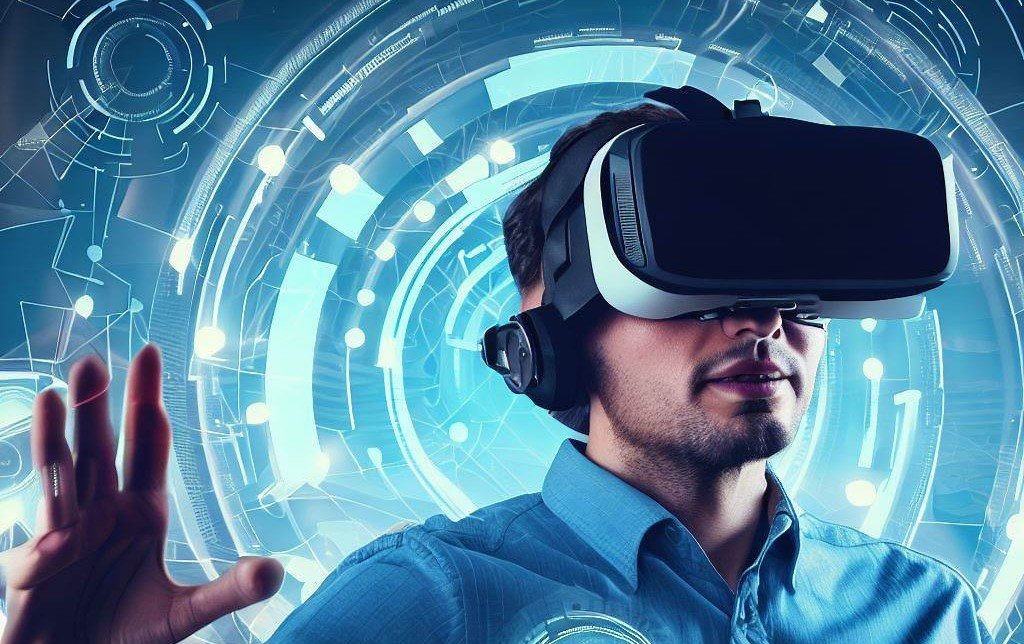
Another area where we’re likely to see significant progress is in the development of haptic feedback systems. These systems use sensors to simulate touch and other physical sensations, which can make VR experiences feel more immersive and realistic. Imagine feeling the weight of a virtual object in your hand or the sensation of wind blowing through your hair as you explore a virtual world. Haptic feedback can help create a sense of presence that is more convincing than ever before, allowing users to feel like they are truly part of the virtual environment.
Applications of VR technology
But VR technology won’t just be limited to gaming and entertainment. We can also expect to see significant applications in fields like education, healthcare, and even manufacturing. For example, VR can be used to train doctors and medical students in a safe and controlled environment.
Students can practice surgical procedures without risking harm to real patients, which can be a game-changer in the medical field. VR technology can also be used in the manufacturing industry to simulate production processes and equipment operations. By training workers in a virtual environment, companies can reduce the risk of accidents and downtime, leading to increased productivity and efficiency.
Moreover, virtual reality technology can also have a positive impact on mental health. For instance, VR therapy is becoming increasingly popular as a treatment for anxiety and post-traumatic stress disorder. By immersing patients in a virtual environment that simulates their triggers, therapists can help them confront and overcome their fears in a safe and controlled environment. This approach is also being used to help patients with autism develop social skills and overcome phobias.
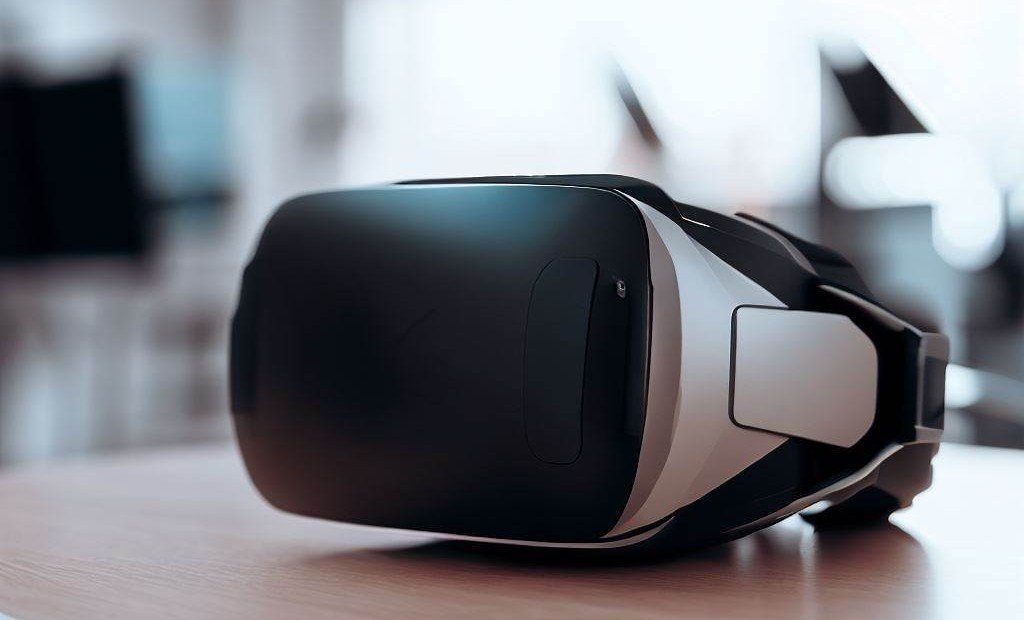
VR technology Challenges
Of course, there are still challenges to overcome. One significant obstacle to the widespread adoption of VR technology is the cost. Currently, high-end VR headsets can cost several hundred dollars, putting them out of reach for many consumers. However, as production costs come down and technology improves, we can expect to see more affordable options become available. Additionally, there is a need for more compelling VR content, which can drive adoption and increase interest in the technology.
Overall, the future of VR technology is bright. As we continue to push the boundaries of what’s possible, we’ll see more immersive, realistic, and useful applications of this groundbreaking technology. Whether you’re a gamer, a healthcare professional, or just someone who loves exploring new worlds, there’s never been a better time to get excited about the future of VR. With the potential to create entirely new experiences and transform industries across the board, virtual reality technology is set to revolutionize the way we live, work, and play.
As with any emerging technology, there are always concerns around the potential negative impacts of VR. One concern is that as VR becomes more realistic and immersive, users may become more disconnected from the real world, leading to social isolation and other mental health issues. Additionally, there are concerns around the impact of extended VR use on the eyes and brain. As with any new technology, it’s essential to approach VR with caution and ensure that it’s used responsibly.
Despite these concerns, the benefits of VR technology are undeniable. As the technology continues to evolve, we can expect to see even more exciting and innovative applications emerge. From education and healthcare to entertainment and beyond, VR is set to transform the way we interact with digital content and each other. As we move forward into an increasingly digital future, virtual reality technology is poised to play a central role in shaping the world of tomorrow.
Conclusion
In conclusion, virtual reality technology is one of the most exciting and groundbreaking innovations of our time. With the potential to revolutionize industries, improve mental health, and create entirely new experiences, the future of VR is bright. As technology continues to evolve and costs come down, we can expect to see more people embracing this transformative technology, and the possibilities for what we can achieve are truly limitless. Whether you’re a tech enthusiast or just curious about the future, the world of virtual reality is one that’s worth exploring.
Frequently Asked Questions
What advancements can we expect to see in virtual reality technology?
We can expect to see increased realism, haptic feedback systems, and new types of experiences that are currently impossible.
What are some potential applications of virtual reality technology?
Virtual reality technology can be used in fields like education, healthcare, manufacturing, gaming and entertainment.
What is haptic feedback, and how does it enhance VR experiences?
Haptic feedback systems use sensors to simulate touch and other physical sensations, making VR experiences feel more immersive and realistic.
What are some of the potential benefits of VR therapy?
VR therapy can be used as a treatment for anxiety and post-traumatic stress disorder, as well as to help patients with autism develop social skills and overcome phobias.
What is a potential obstacle to the widespread adoption of VR technology?
The cost of high-end VR headsets is currently a significant obstacle to adoption.
What is the future of virtual reality technology?
The future of virtual reality technology is bright, with the potential to revolutionize industries and create entirely new experiences.
